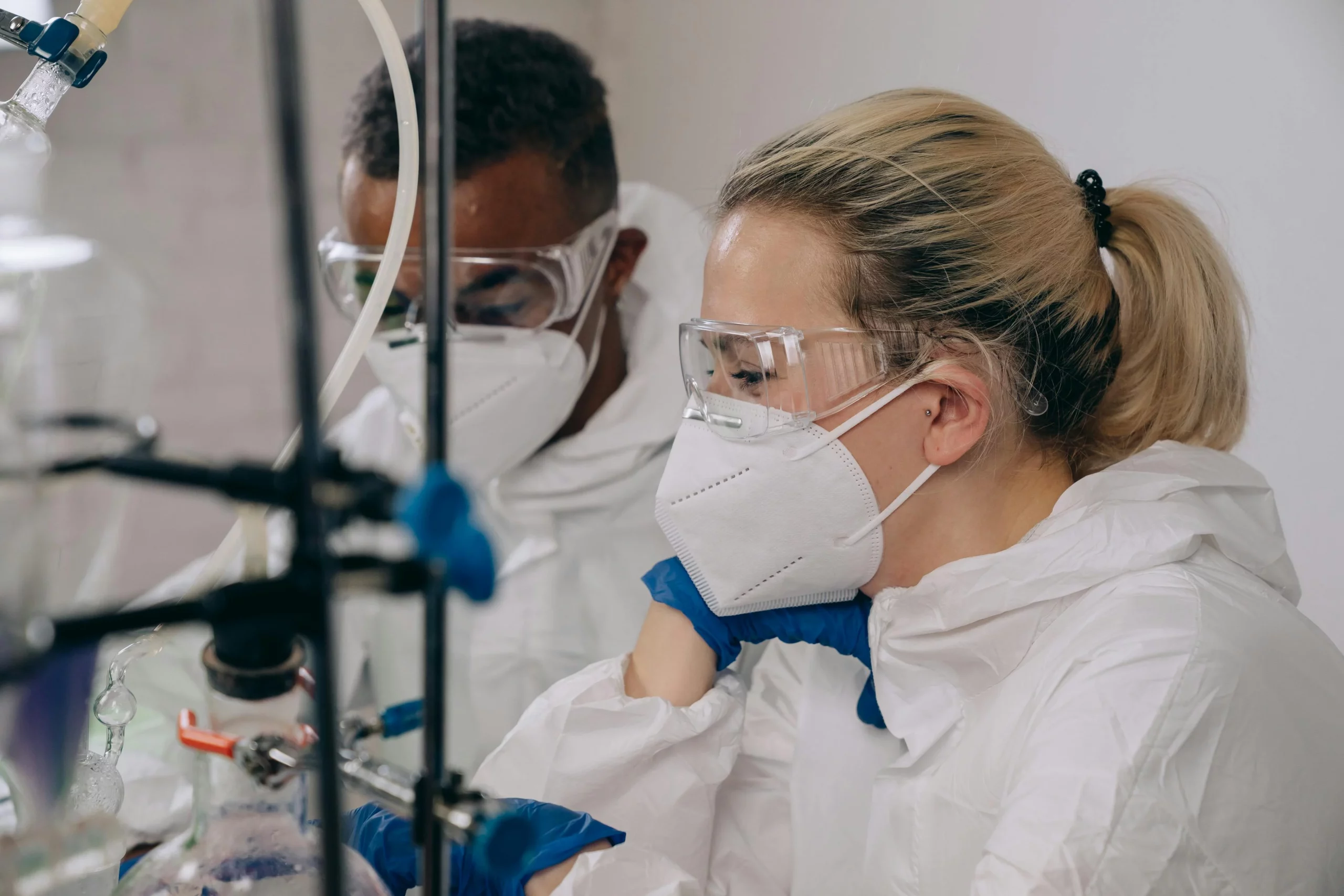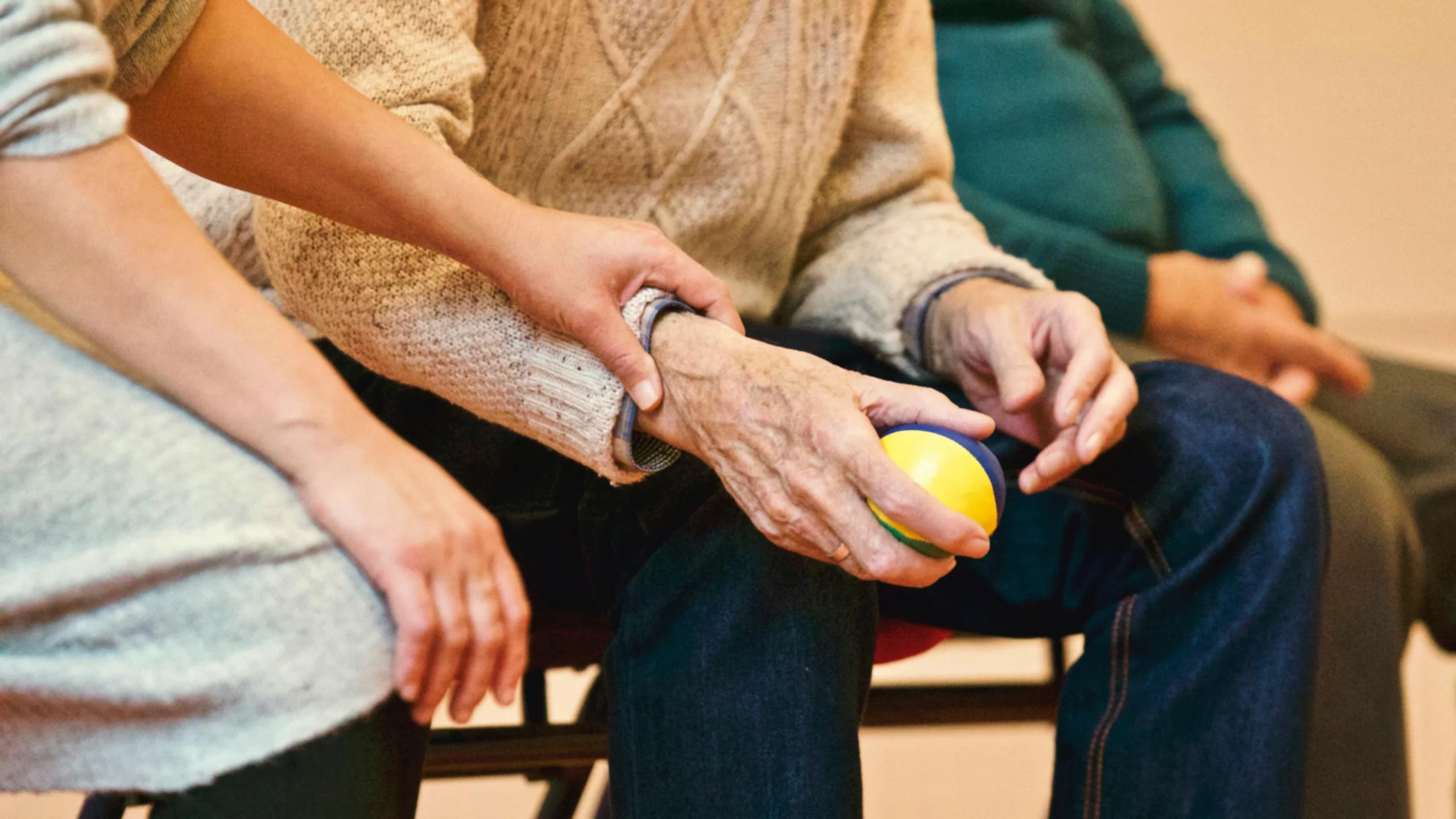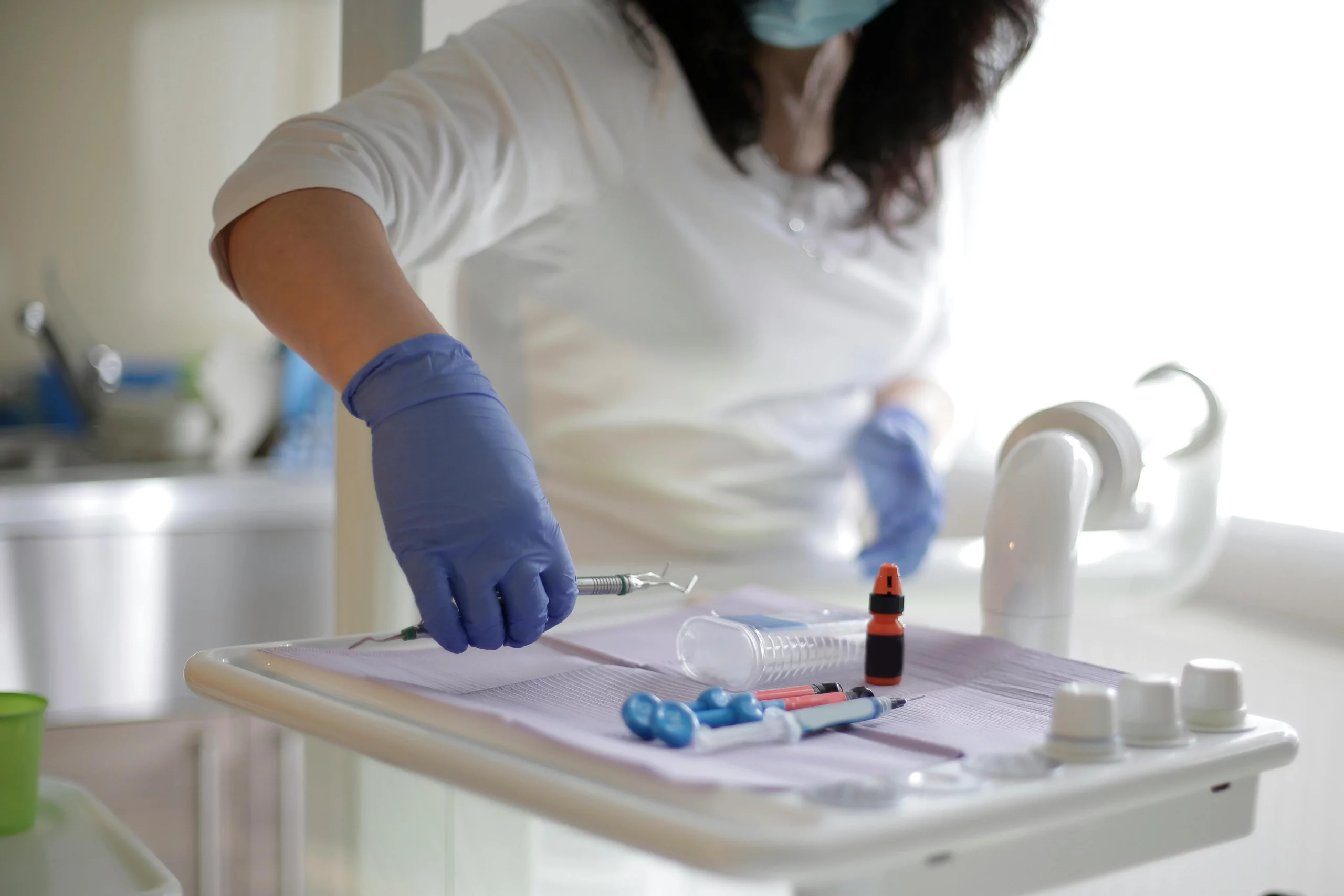What is a Microbiologist?
A Microbiologist is a scientist specializing in the study of microorganisms, including bacteria, viruses, fungi, and protists, and their interactions with the environment. Microbiologists investigate various aspects, from microbial genetics and physiology to microbial ecology and biotechnology, to uncover fundamental principles and develop innovative applications in areas such as medicine, agriculture, environmental science, and biotechnology.
Microbiologist Job Description
Are you intrigued by the microscopic world and passionate about unraveling the mysteries of microorganisms? If so, we’re seeking driven individuals to join our team as Microbiologists. As integral members of our scientific community, successful candidates will play a pivotal role in conducting groundbreaking research, performing experiments, and advancing knowledge in the field of microbiology.
As a Microbiologist, you will have the opportunity to collaborate with fellow scientists, conduct cutting-edge research, and make significant contributions to scientific understanding and technological innovation.
The ideal candidate will possess a solid foundation in microbiological concepts, excellent laboratory skills, and a passion for discovery and problem-solving.
What Does a Microbiologist Do?
Research and Experimentation:
- Conduct laboratory-based research to explore microbial diversity, function, and evolution, and investigate the roles of microorganisms in health, disease, and the environment.
- Perform experiments using a variety of techniques, including microbial culturing, molecular biology, microscopy, and bioinformatics, to study microbial structure, function, and interactions.
- Analyze experimental data, interpret results, and draw conclusions to advance knowledge and address research questions in microbiology and related disciplines.
Education and Outreach:
- Communicate scientific concepts and research findings to diverse audiences through written publications, presentations, and educational outreach activities to promote scientific literacy and public understanding of microbiology.
- Teach microbiology courses, mentor students, and supervise research projects to inspire the next generation of scientists and foster a culture of scientific inquiry and innovation.
Collaboration and Teamwork:
- Collaborate with interdisciplinary teams of scientists, including microbiologists, biochemists, immunologists, and bioinformaticians, to address complex research questions and develop novel approaches to studying microorganisms.
- Work collaboratively with industry partners, government agencies, and nonprofit organizations to apply microbiological knowledge and technologies to solve real-world problems and develop innovative products, therapies, and solutions.
Fieldwork and Environmental Monitoring:
- Conduct field surveys, sample collection, and environmental monitoring to study microbial communities in natural habitats, industrial settings, and built environments and assess their roles in ecosystem processes, biogeochemical cycles, and human health.
- Apply microbiological techniques to assess microbial contamination, water quality, and food safety and develop strategies for microbial control, disinfection, and remediation in environmental and public health contexts.
Biotechnology and Applied Research:
- Apply microbiological principles and techniques to develop new biotechnologies, microbial products, and bio-based solutions for medical, agricultural, and industrial applications, such as vaccine development, bioremediation, and biofuel production.
- Collaborate with industry partners to translate scientific discoveries into commercial products, technologies, and services that address societal needs, improve human health, and promote environmental sustainability.
How Much Do Microbiologists Make?
The average microbiologist salary in the USA is $60,410 per year or $29.04 per hour. Entry level positions start at $48,152 per year while most experienced workers make up to $95,409 per year.
Skill Requirements
- Laboratory Techniques and Experimental Design: Microbiologists must possess strong laboratory skills and experimental design expertise to conduct research, perform experiments, and analyze data accurately and rigorously.
- Molecular Biology and Microbial Genetics: Microbiologists should have proficiency in molecular biology techniques, microbial genetics, and genome analysis tools to study microbial genomes, gene expression, and genetic variation and manipulate microbial systems for research and applied purposes.
- Bioinformatics and Data Analysis: Microbiologists must demonstrate proficiency in bioinformatics tools, statistical analysis, and data visualization techniques to analyze complex microbial data sets, identify patterns, and extract meaningful insights from genomic, metagenomic, and transcriptomic data.
- Communication and Collaboration: Microbiologists should have excellent communication skills and the ability to collaborate effectively with colleagues, students, and stakeholders to share research findings, present results, and engage in interdisciplinary research projects.
- Critical Thinking and Problem-Solving: Microbiologists must possess strong critical thinking skills and the ability to formulate research questions, design experiments, and troubleshoot experimental problems to advance scientific knowledge and address research challenges.
Example KPIs for a Microbiologist
- Research Productivity and Impact: This KPI measures the quantity, quality, and impact of a microbiologist’s research output, including publications, citations, and patents awarded, to assess research productivity and influence in the scientific community.
- Grant Funding and Research Support: This KPI evaluates a microbiologist’s success in securing external funding, research grants, and institutional support for research projects, equipment, and personnel to sustain and advance their research program.
- Teaching Effectiveness and Student Success: This KPI assesses a microbiologist’s effectiveness in teaching microbiology courses, mentoring students, and supervising research projects, as reflected in student learning outcomes, academic achievements, and career trajectories.
- Collaborative Research and Partnerships: This KPI measures a microbiologist’s engagement in collaborative research projects, interdisciplinary collaborations, and partnerships with external stakeholders, industry partners, and governmental agencies to address societal challenges and foster innovation.
How Can Glider AI Help You with Hiring a Microbiologist?
Glider’s recruitment platform is designed to streamline the hiring process for Microbiologists by prioritizing competency over credentials. Utilize Glider AI Skill Intelligence™ to identify top-quality candidates, streamline candidate screening, and ensure a mobile-first, candidate-friendly experience.
Glider AI’s Unique Features
- Verify Medical Licenses
- Validate Hundreds of Medical, Clinical, and Technical Skills
- Ensure Hiring Compliance
- Conversational Chatbot for Talent Screening
- Powerful candidate analytics
- Streamline Healthcare Hiring with AI and Automation
Go ahead and spotlight your Microbiologist with Glider AI today!
Schedule a Demo or contact us at info@glider.ai



